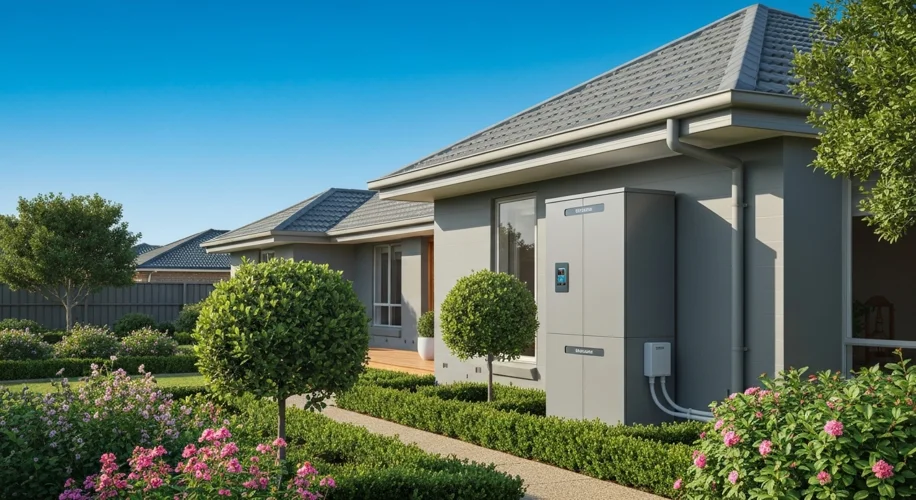Living out here in the Midwest, I’ve learned to appreciate the rhythms of nature. But sometimes, nature throws a curveball – like an unexpected power outage. It makes you think about how much we rely on electricity for the simple things, like keeping the lights on and the fridge humming.
Lately, I’ve been looking into whole-home backup power systems, like the EcoFlow DELTA Pro Ultra. It’s a big decision, and honestly, the price tag makes you pause. So, is it a wasteful expense, or a genuinely good investment for a place like mine?
Why Consider Backup Power?
We’ve all experienced it: the lights go out, and suddenly, everything grinds to a halt. For many of us, especially with more people working from home these days, an outage can mean a lost workday or a disrupted business. It’s not just about comfort; it’s about connectivity and productivity.
Then there’s the food. I spend a lot of time in my garden, growing and preserving food. The thought of losing a freezer full of produce or a fridge stocked with homegrown goodness during an extended outage is, frankly, heartbreaking. A reliable backup system could mean the difference between saving that harvest and watching it spoil.
And let’s not forget the increasing unpredictability of weather patterns. While I focus on gardening and the cycles of the seasons, it’s hard to ignore the news about more extreme weather events. Having a backup power source feels like a sensible step towards being more prepared for whatever comes our way.
The Cost vs. The Benefit
These systems aren’t cheap. Setting one up can be a significant upfront cost. You have to weigh that against the frequency and duration of outages you typically experience. If you’re in an area with frequent, prolonged blackouts, the math might add up differently than if outages are rare and short.
Think about what you absolutely need to power. Is it just the essentials – refrigerator, a few lights, maybe your internet router? Or do you need to run more appliances, like your HVAC system, well pump, or even charge electric vehicles?
For me, it’s about finding that balance between preparedness and practicality. I’m always looking for ways to be more self-sufficient and resilient, and this is definitely a conversation worth having as we think about our homes and our lifestyles in the coming years. It’s about more than just convenience; it’s about peace of mind and protecting the things we work hard to grow and preserve.
What are your thoughts on home backup power? Have you considered it, or do you already have a system in place? I’d love to hear your experiences.

